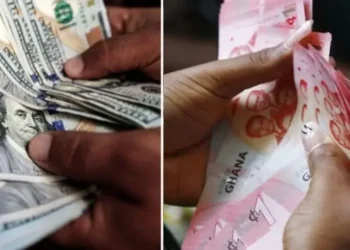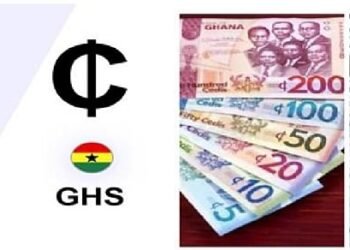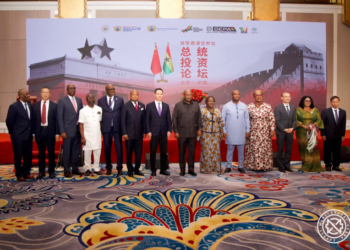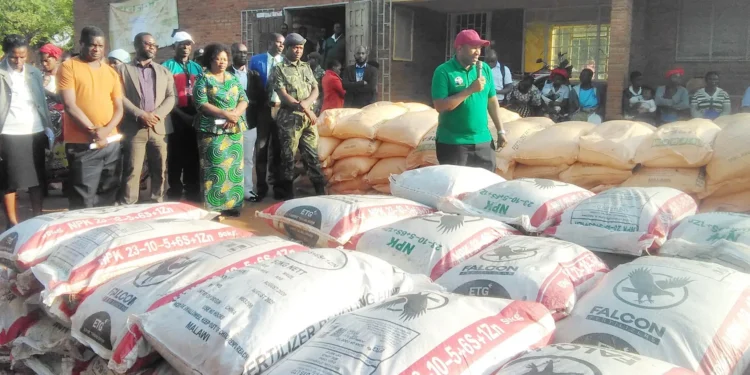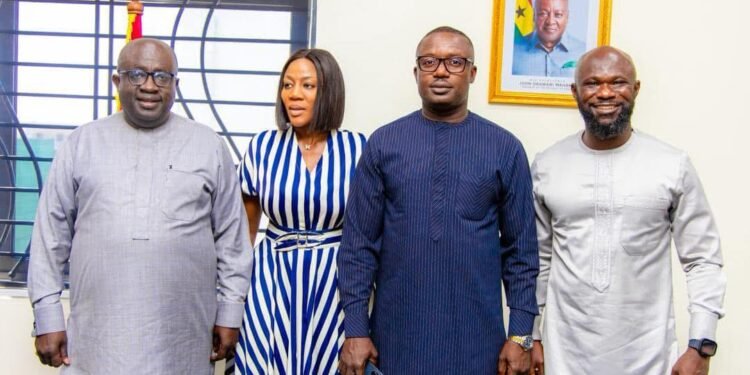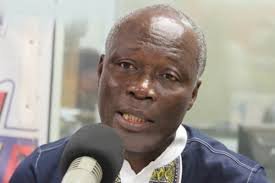In an assessment of Ghana’s economic trajectory, Fitch Ratings has projected that the nation will conclude its external debt restructuring by June 2024. This forecast comes as a significant development in Ghana’s ongoing efforts to steer its fiscal challenges and ensure financial stability.
The rating agency’s analysis indicates a positive outlook for Ghana’s debt restructuring program, with expectations set on finalizing negotiations with Eurobond holders within the stipulated timeline. This optimistic projection is contingent upon the prevailing economic conditions persisting in the country.
Ghana has already made substantial progress in addressing its debt obligations, having secured an agreement with bilateral creditors earlier in January. Now, the focus shifts towards negotiating the terms of restructuring with commercial creditors, a process anticipated to be finalized by the latter half of 2024.
Fitch’s evaluation also sheds light on the minimal impact of the debt restructuring terms with Ghana’s official creditors on the domestic banking sector. Despite concerns surrounding potential financial strain, particularly in the wake of a sovereign default, Fitch highlights that Ghanaian banks have maintained a cautious approach, with minimal exposure to Eurobonds. Moreover, it is noted that banks have likely preemptively accounted for potential impairments, thus ensuring their resilience amidst the restructuring process.
One crucial aspect emphasized by Fitch is the relatively modest scale of loans involved, which serves to mitigate the risks posed to the banking sector’s loan quality. While there are inherent risks associated with sovereign defaults and macroeconomic instability, the overall exposure of Ghanaian banks remains manageable.
The projected conclusion of Ghana’s debt restructuring by June 2024 marks a significant milestone in the nation’s economic recovery journey. By proactively addressing its debt challenges and engaging in constructive negotiations with creditors, Ghana demonstrates its commitment to fiscal prudence and financial sustainability.
Recently, Ghana reached a deal to restructure $5.4 billion of loans with its official creditors, a milestone in the country’s quest for debt relief as it charts its way out of the worst economic crisis in a generation.
The Agreement With Bilateral Lenders
The agreement with bilateral lenders including China and France was key to unlocking new International Monetary Fund (IMF) financing and will allow Ghana to access another $600 million under its $3 billion bailout program.
The West African country, which defaulted on most of its overseas debt in December 2022 after debt servicing costs soared, restructured most of its local debt and also needs to reach a deal with private holders of about $13 billion in international bonds.
An index tracking Ghana’s bonds had also rallied recently, more than recovering the early year losses, partly as the market anticipated an agreement. Spreads in the benchmark tightened to 2,828 basis points from 2,964 points.
“The Ghana agreement is in line with our expectations that we will see a number of EM countries emerge from default in 2024. Distressed EM sovereign hard currency debt will continue to be a sector that outperforms this year.” said Shamaila Khan, head of fixed income for emerging markets and Asia Pacific at UBS Asset Management.
Meanwhile, Ghana aims to cut $10.5 billion from its external debt repayments and interest costs that were due from 2023 to 2026 and implement an IMF reform programme.
Ghana first sent working proposals for the debt restructuring to the official creditor committee in June 2023, having been locked out of international capital markets and seeing inflation spiral in the lead-up to its default.
Ghana is aiming to restructure $20 billion out of total external debt that was about $30 billion at the end of 2022, according to a government presentation to investors. The debt is being restructured under the Common Framework, a process set up during the COVID-19 pandemic by the Group of 20 economies.
Moving forward, sustained efforts towards economic diversification, prudent fiscal management, and institutional reforms will be essential to strengthen Ghana’s resilience against external shocks and promote long-term prosperity. As the nation progresses on its reform agenda, international support and collaboration will play a pivotal role in ensuring a stable and prosperous future for Ghana and its citizens.
READ ALSO: NPP Defends The President’s Neglect Of Major Issues In SONA





